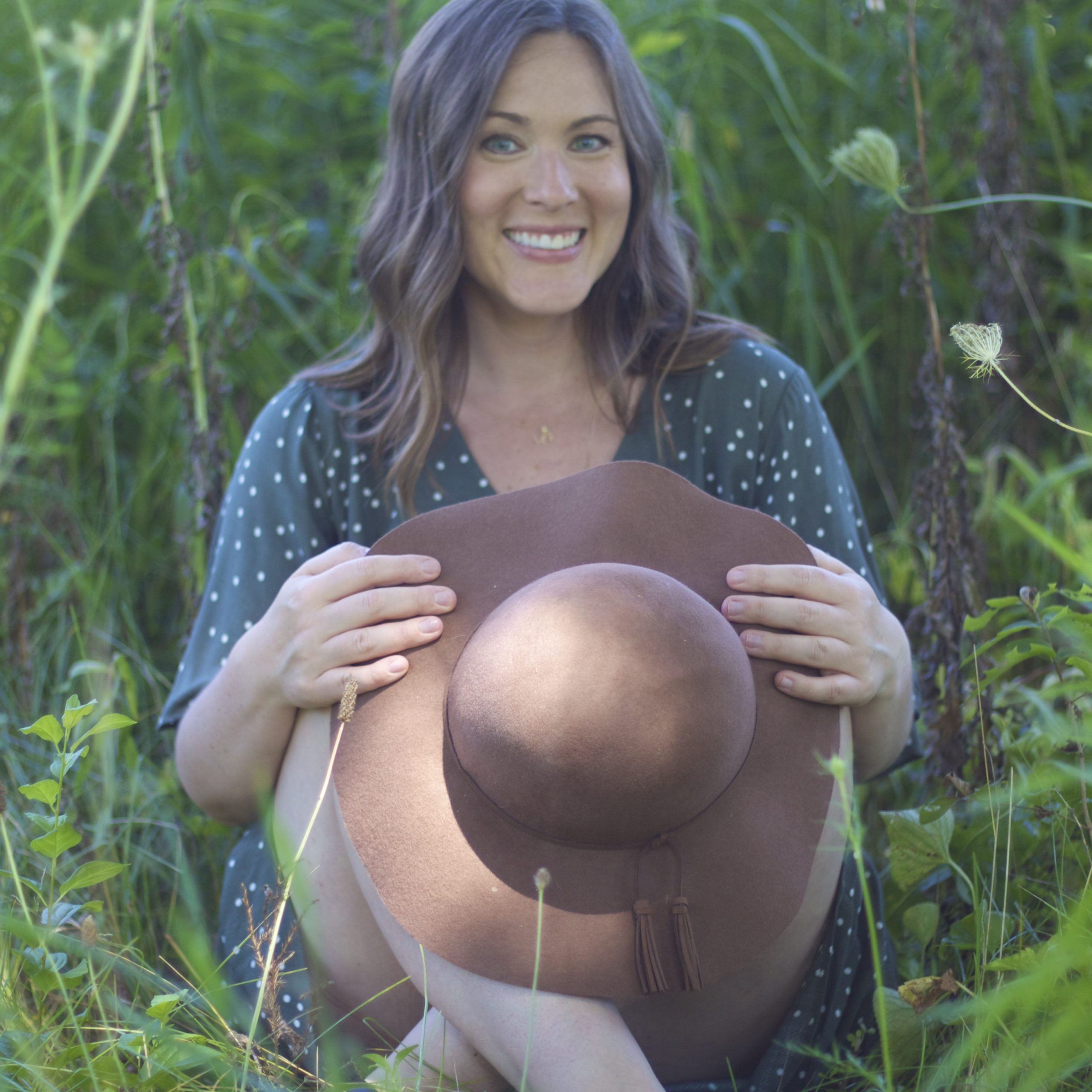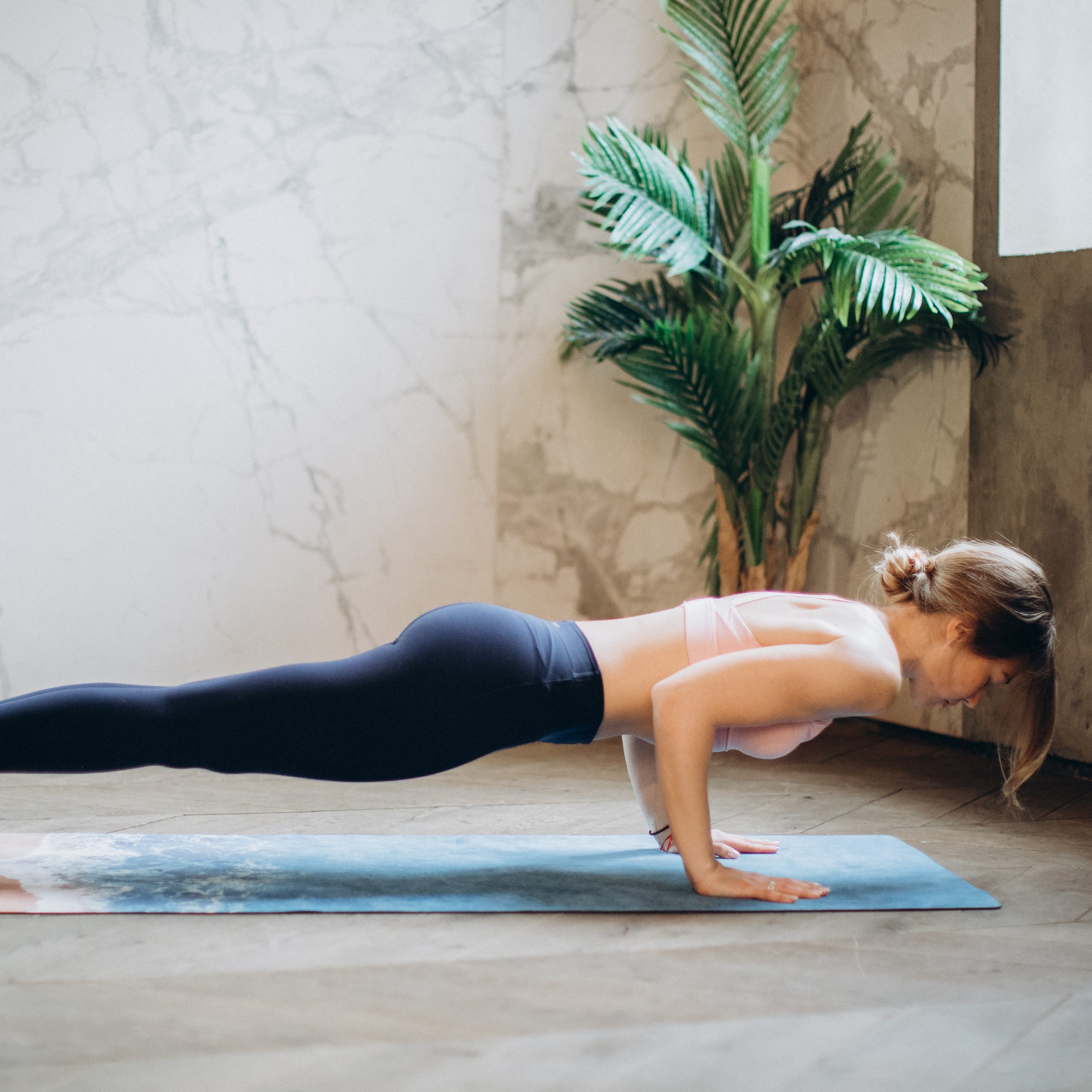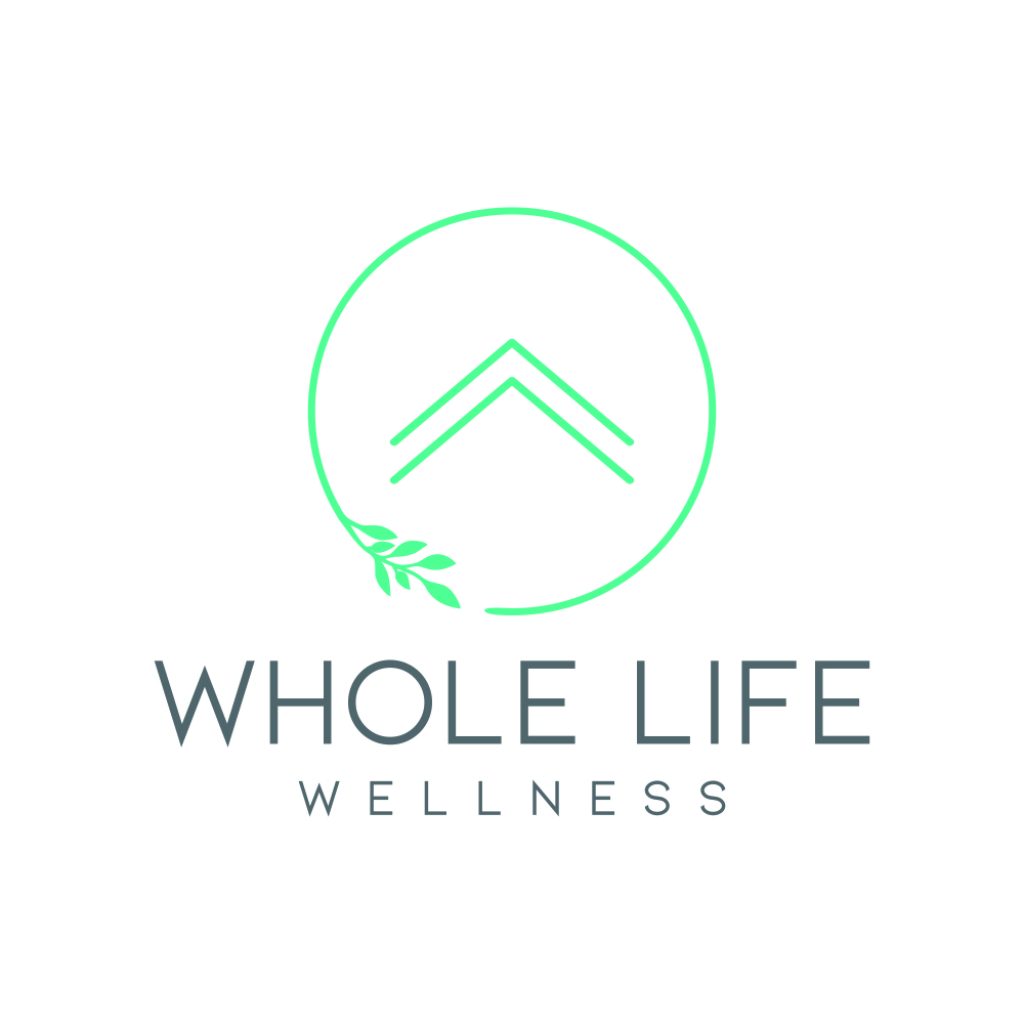
It is safe to say that there is no sense of normalcy in the “new normal” but each day is an opportunity to create and adapt in new ways. This is easier said than done but it has become increasingly obvious with the closures of gyms, yoga studios and other exercise facilities that health and wellness needs to become a personal journey. How can you prioritize your physical and mental well-being when the world seems to be upside down? Some days this may seem impossible but maybe this major shift will be the catalyst for people to live happier, healthier and better lives. Licensed professional counselor and functional nutritional therapy practitioner (FNTP) Amanda Zimmerman works with women to help them holistically transform their lives and make the big changes that often seem too scary to try. Amanda sat down with us to discuss the ways each and every person can build their own foundations of wellness.

Can you tell us more about yourself and your practice?
My practice, Whole Life Wellness, is based in Milwaukee, Wisconsin USA. I work in person and virtually with clients to identify the root cause of dysfunction, disease and distress and to address them through lifestyle, nutrition and mindset changes. I work mostly with women because my passion is not only to help women achieve physical wellness but to heal their relationship to food and their relationship to their bodies. It is through this healing process that the women I work with are able to find more freedom and happiness, and therefore feel empowered to create the lives they really want to have.
What are the foundations of wellness that you help your clients with?
There are certain foundational aspects of wellness that I work on with all my clients because without attending to these key areas, attending to higher-level ‘problems’ will not be successful. I’ve seen people make lots of progress on feeling better simply by dialing in these areas.

Can you explain the foundational aspects of wellness that you help your clients with?
Sleep
Sleep is crucial to our health. One night of poor sleep can lead to increased inflammation, cognitive decline, mood instability and/or lack of focus – we’ve all felt this. Chronic disruption in sleep can lead to things like anxiety, depression, hormonal dysregulation and impaired digestion. The best thing you can do is stick to a sleep schedule. If you find your life less structured, it is easy to get out of routine but staying on your normal sleep/wake cycle is critical. Also, if you plan to use any type of screen after about 5 pm, get yourself a cheap pair of blue light blocking glasses. The presence of blue light inhibits the production of melatonin – the hormone that makes us sleepy – which will disrupt your sleep schedule.
Nutrition
There is NO one size fits all nutritional recommendation I can make, except to say eat real food. Real food is whole, unprocessed food in its original form. If you’re eating meat or eggs, they should be from animals that were raised humanely in an environment as close to their natural habitat as possible, eating the food they were meant to eat in the wild. Eating this way will provide you with the most amount of nutrients in their most available forms.

Movement
With more things closed right now than usual, it is quite easy to become sedentary. Moving your body with intention is important for our mental health because it mobilizes neurotransmitters, helps facilitate proper digestion and increases insulin sensitivity for proper blood sugar regulation. The benefits are numerous. Many gyms and studios are offering very affordable virtual workout options, and YouTube has a lot of free material to access for any type of workout. There are even programs that are specifically meant to be done from home. Even if you just take a daily walk, that would make a great difference.
Emotions
I like to use a particular image with my clients: Imagine that there is an invisible wave following all of us. Some people have a very large, tidal-type wave while others have a small ripple. That wave is made up of emotional energy from unresolved or unacknowledged emotions. It could based on unresolved traumatic experiences, which in essence, are things we have not taken the time to feel. People have largely been able to avoid these things because we are all typically so busy, and ‘busy’ is a great avoidance technique. However, now that many of us find ourselves with more free time, that wave is really crashing down on people. If you find yourself emotionally overwhelmed, here are some tips:
- Begin a mindfulness practice. This can help you get more comfortable with stillness and teach you to observe your feelings.
- Journaling can help, even if it is simply making a list of all the things on your mind so that you can begin to address them one by one.
- Don’t be afraid to get help. Many therapists and coaches are offering virtual sessions these days, so help is accessible to those who need it.
Social Connection
Human beings were built for connection; this is why we live in a community. We literally need other people, both logistically for survival and also for our wellbeing. If you find yourself feeling more down than usual, it is likely in part due to less social activity. So first, if there are people you have continued physical contact with, make it a point to see them as frequently as you can. Second, make use of all the virtual options we have to stay connected. Seeing others virtually is not the same as spending time together in person but it sure is better than nothing. Not maintaining our relationships is only going to increase our sense of isolation.

To learn more or to contact Amanda for services visit https://www.wholelifewellnessmke.com/



